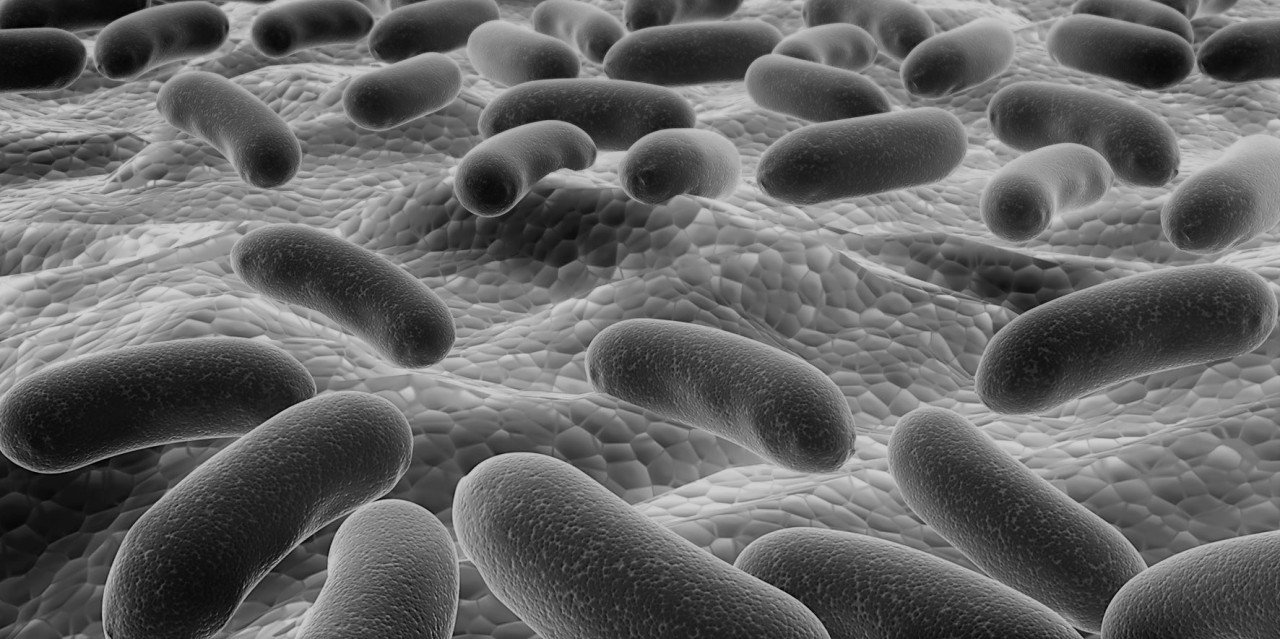
The term probiotic has been defined as “a mono- or mixed culture of live microorganisms that when applied to animals or man, affect beneficially the host by improving the properties of the indigenous microflora”. Moriarty (1996a, 1998) extended the definition for aquaculture to include the addition of natural bacteria to tanks and ponds in which the animals live.
Probiotic bacteria improve the health of shrimp or fish by controlling pathogens and improving water quality by modifying the microbial community composition of the water and sediment. Probiotic bacteria enter the gut or attach to external surfaces of the animals either directly from the water or via attachment first to food or other ingested particles. Thus, they are used in aquaculture both as water and sediment quality conditioners and as feed supplements.
When we started work with probiotics in commercial shrimp farms, the products that were available had a low number of the important genus: bacteria Bacillus. Before use they had to be brewed by the farmer with a nutrient medium to produce a high enough number to be added to a pond to be beneficial (e.g. see Moriarty 1996 a, 1996 b, 1998). Now, we can produce pure strains of Bacillus at low cost and market these as powdered mixtures of spores with a long shelf life. The powders are simple for the farmer to use.
Many shrimp and fish farmers often think of probiotics as medicines like antibiotics. They expect a quick and decisive effect. They are then discouraged from using probiotics when the results are not immediate or dramatic. The changing of a bacterial community takes time. It is an ongoing process that requires addition of the beneficial strains of bacteria throughout the culture period. The bacteria that are added must be selected for specific functions, added at a high enough population density and under the right environmental conditions to be effective.
| Nguồn: Theo D. J. W. Moriarty, O. Decamp and P. Lavens Vui lòng ghi rõ nguồn thuysan247.com khi sao chép bài viết này. Liên hệ cung cấp thông tin và gửi tin bài cộng tác về email [email protected]. Nhấn nút "quan tâm" nếu bạn muốn nhận thông tin cập nhật từ chúng tôi trên Zalo. |




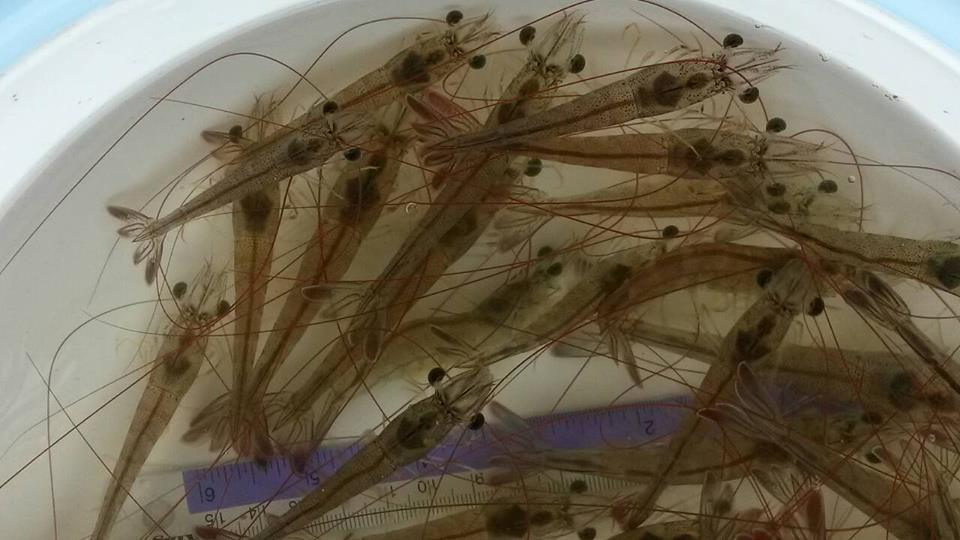

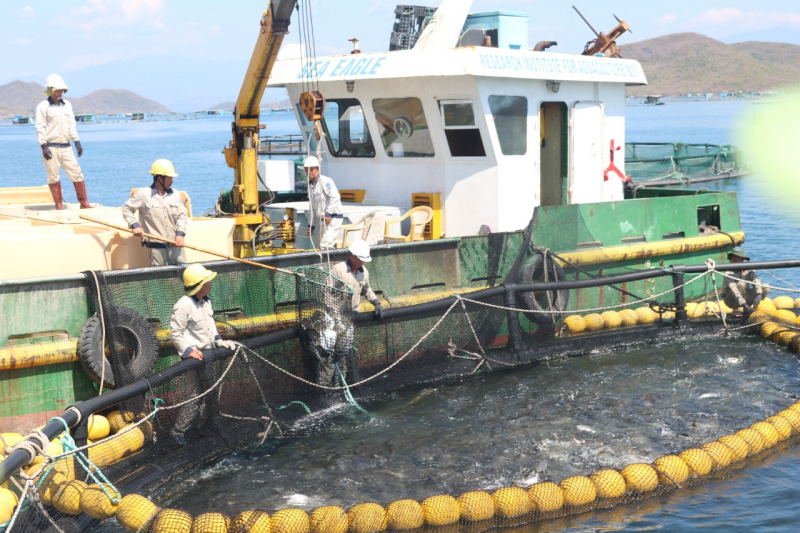
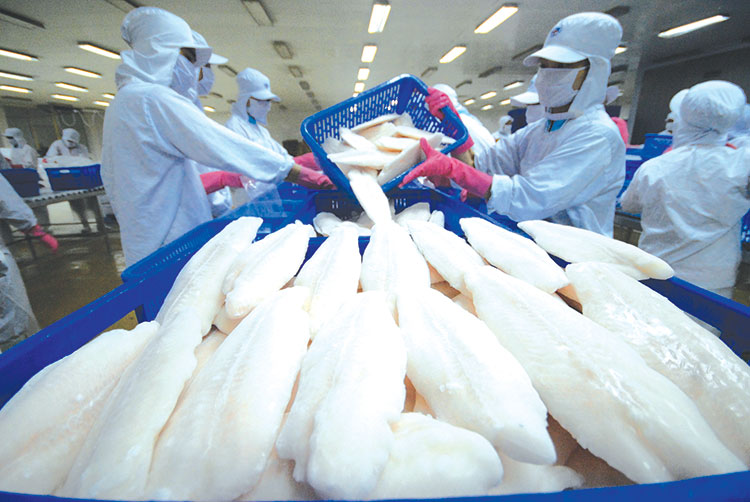

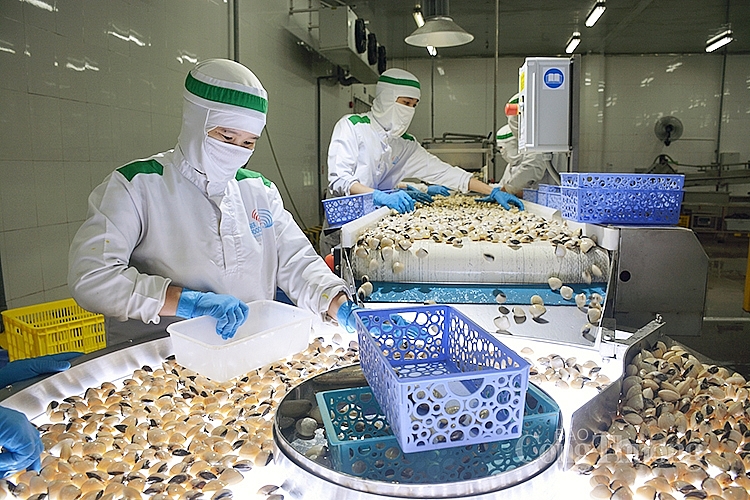
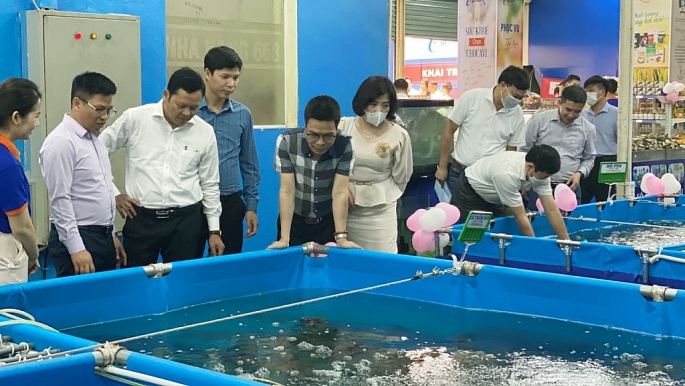




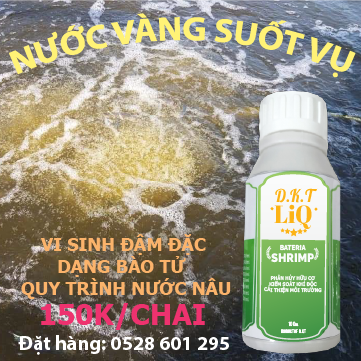






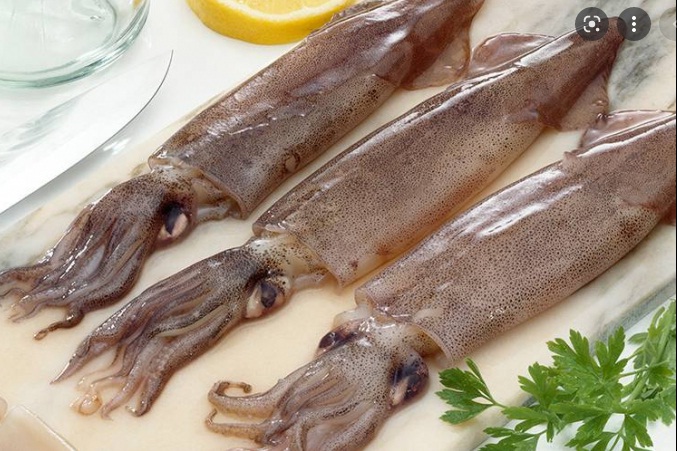



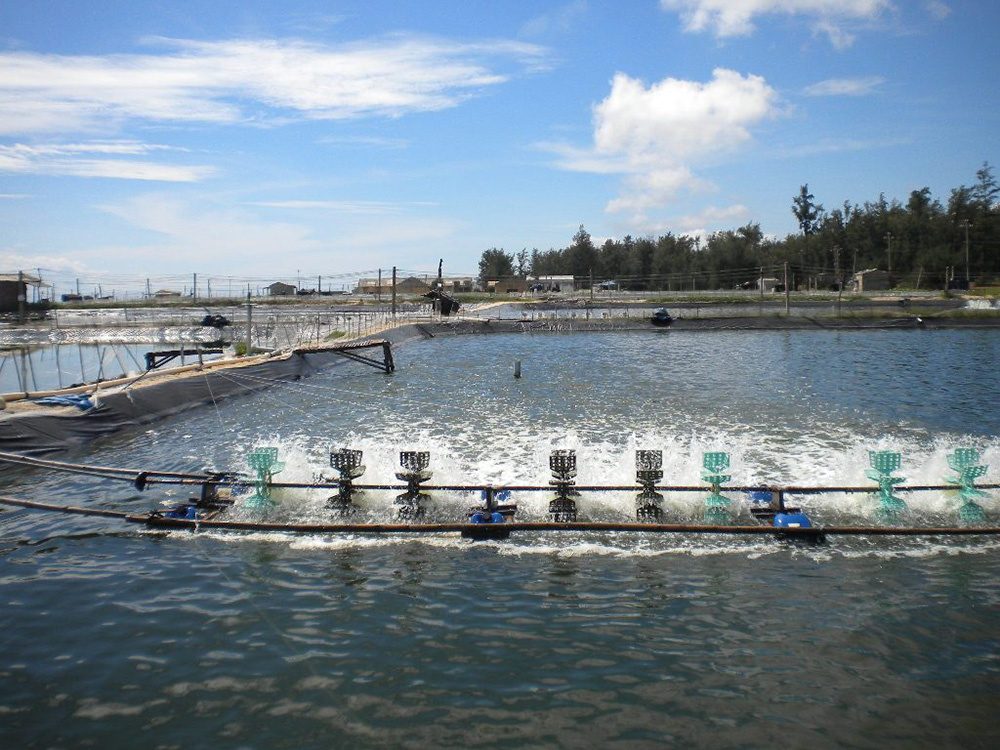
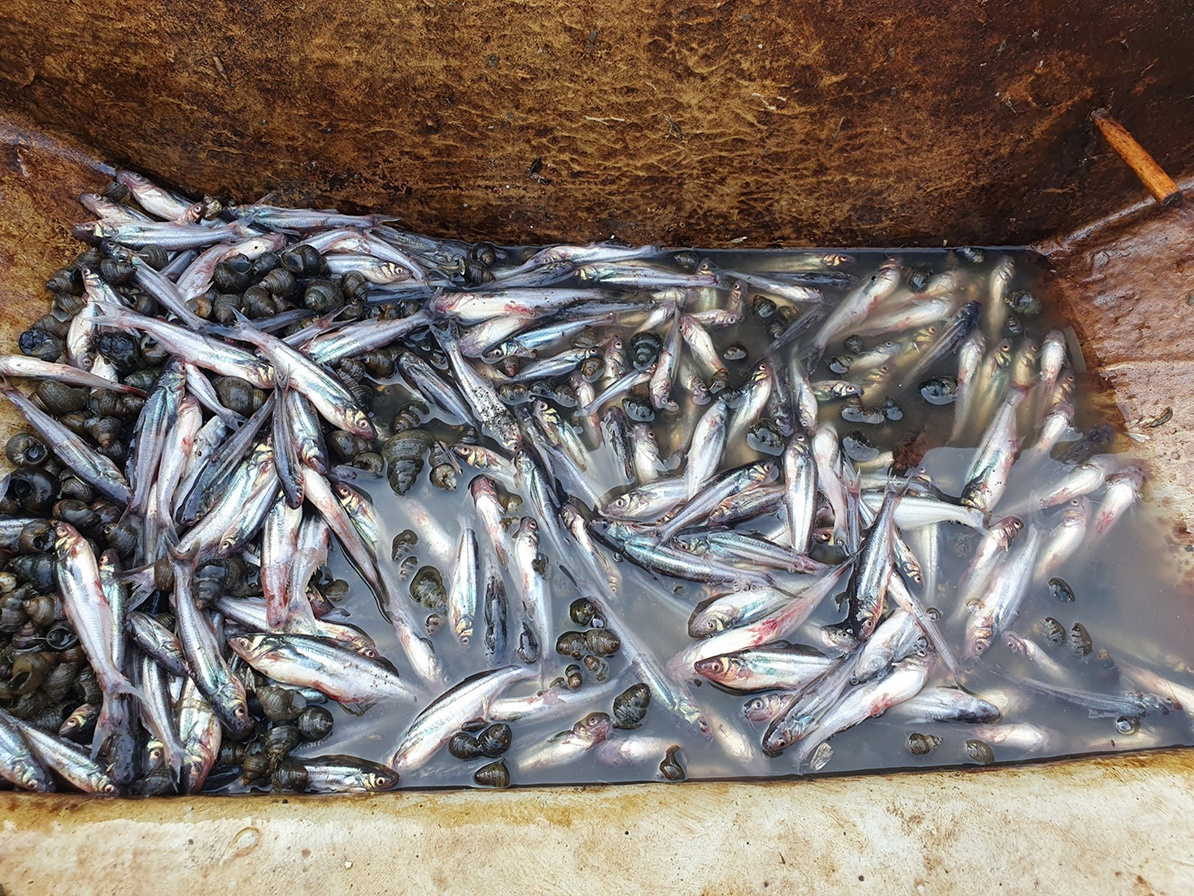
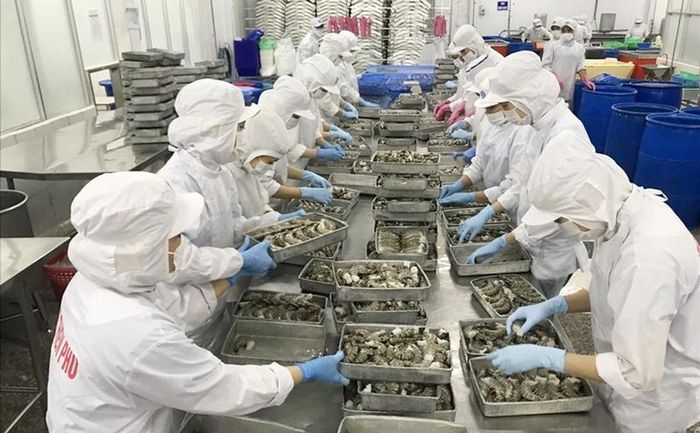







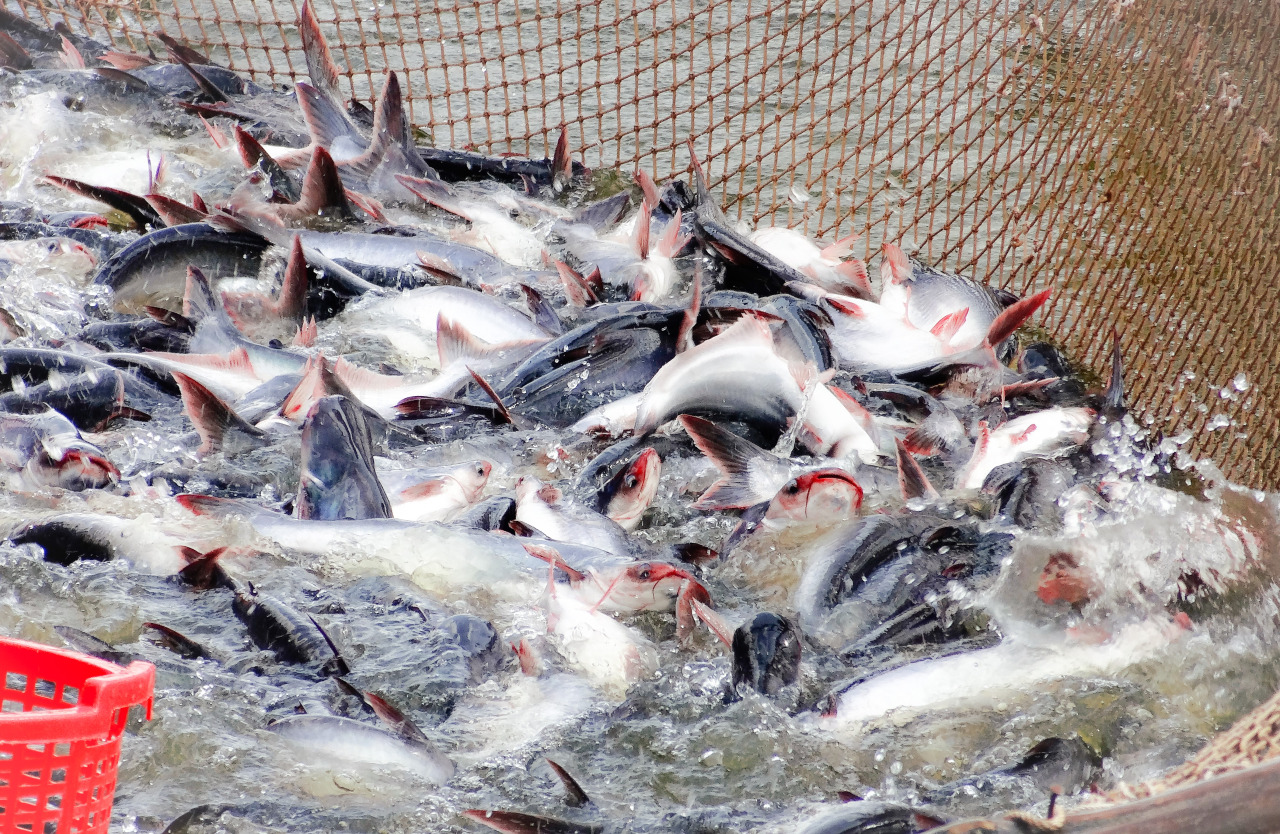
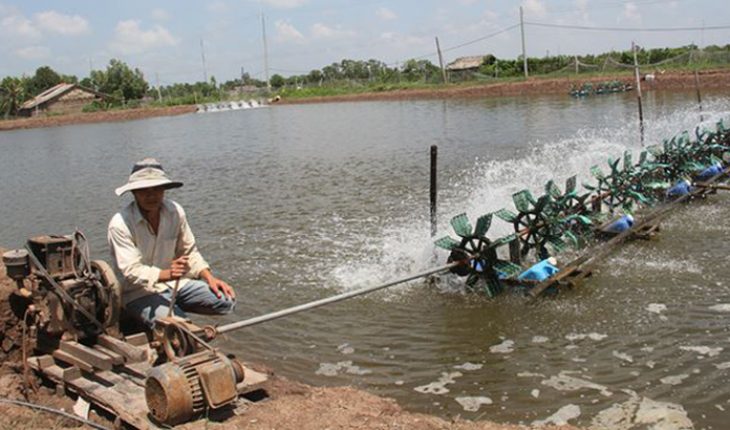
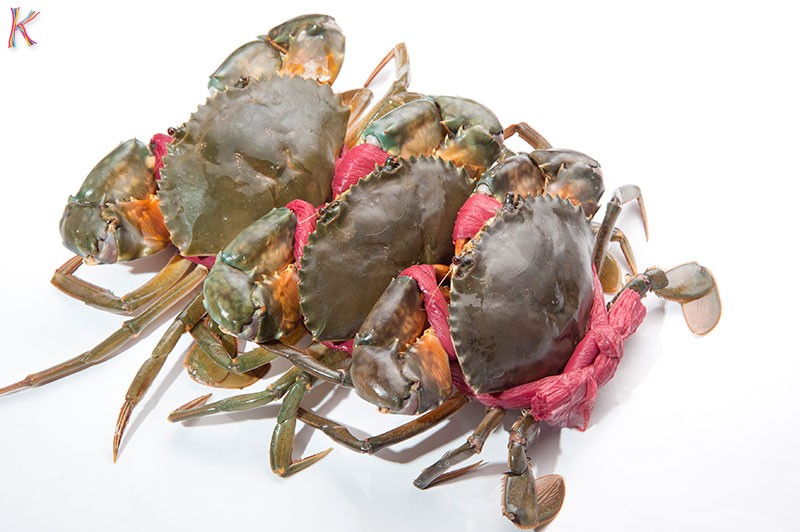

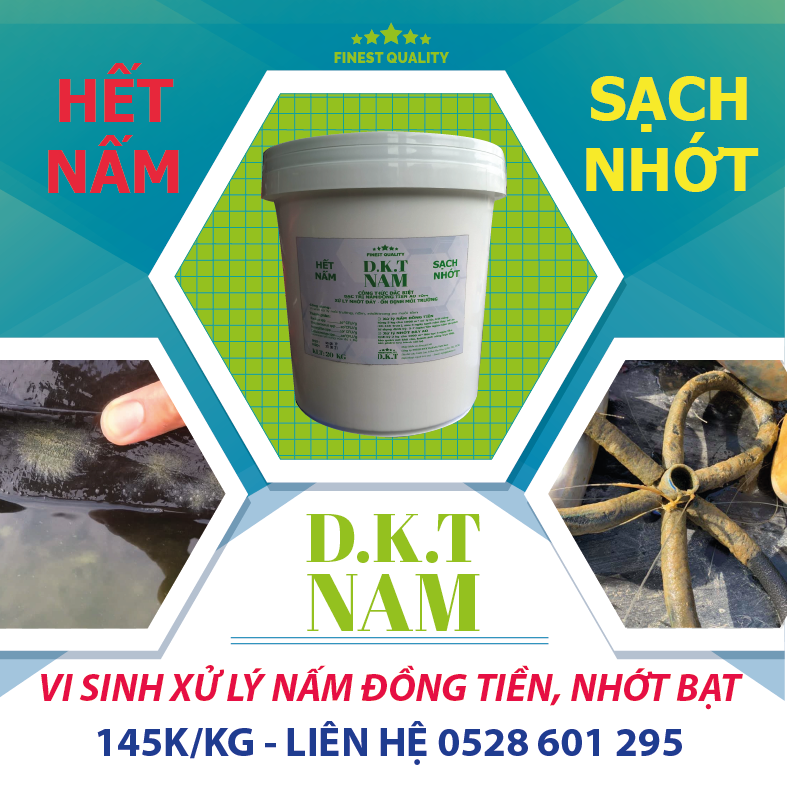
Bình luận bài viết